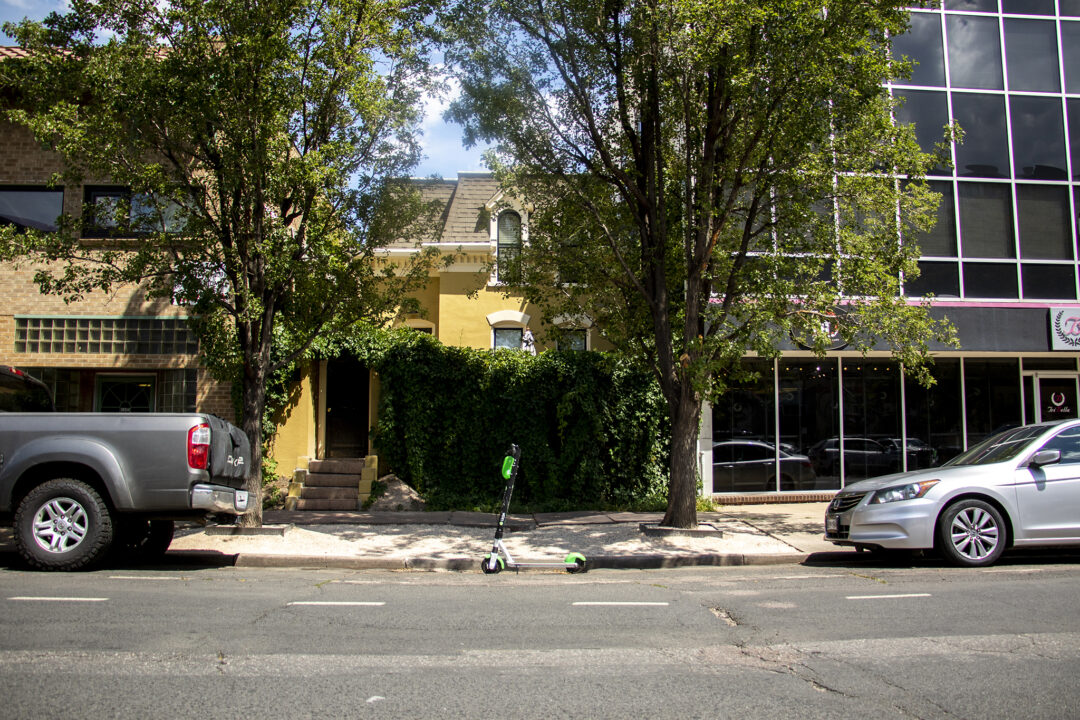Transportation experts hope the streamlined system will continue to decrease driving trips and connect people to buses and trains. Some decision-makers feel protective of the right-of-way and are wary of the private companies.
By David Sachs, Denverite
UPDATE: City Council passed both contracts. The contract with Lyft passed by a vote of 8-4, while the contract with Lime passed 9-3.
Denver will get a new citywide network of bikes and scooters for people to ride if the Denver City Council gives its blessing Monday night.
Lawmakers will decide whether to boot all other bike- and scooter-share companies out of the city in favor of two licenses — one for Lime and one for Lyft, both of which would provide up to 3,000 electric scooters and at least 600 pedal and electric bikes for locals and tourists to get where they need to go.
The licenses differ from the city’s current agreements with private micro-mobility companies, which are still operating in Denver as part of a pilot. The licenses last five years and have a raft of requirements, including service in every neighborhood, designated parking spots, free and subsidized passes, and enforcement meant to keep the vehicles out of people’s paths in exchange for the right to deploy their fleets on city streets.
“(The Department of Transportation and Infrastructure) is not here to advocate for the use of right-of-way and have it not being handled correctly,” said Jason Gallardo, director of government affairs for the streets department. “We were here to say that we came up with a license agreement that will now fix these problems, and if not, then they’ll be penalized for it.”
If Lime and Lyft users ride on sidewalks — they’re supposed to use streets — or park them in a way that obstructs people from walking or using a wheelchair, the companies will face penalties like smaller fleet sizes that transportation officials said would hurt their bottom line. DOTI will deploy parking enforcement officers to document violations and anyone can report them to 311, but it will be up to the companies to right the wrongs before they get penalized.
For example, even if just 10 scooters are misplaced in a 90-day period, Lime and Lyft would face fleet reductions, Gallardo said. City Councilmember Paul Kashmann is skeptical that the companies would be able to clean things up.
“I can’t believe these companies can do that from where they’ve been to where you’re saying they need to get,” Kashmann said. “I don’t believe they can do it.”
Read the full story at Denverite
